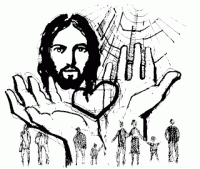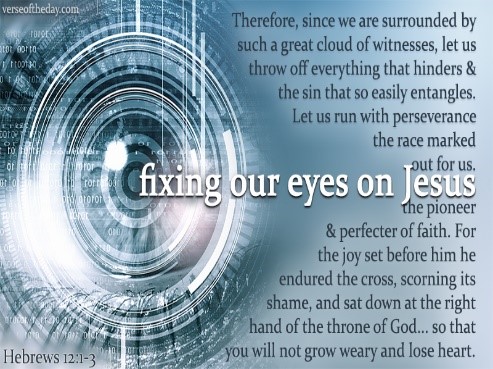
Countdown to the end . . . #14
Vol. 4, No. 28 – July 14, 2019
John, to the seven churches that are in Asia: Grace to you and peace, from Him who is, and who was, and who is to come; and from the seven spirits who are before His throne. . . . He who has an ear, let him hear what the Spirit says to the churches. –Revelation 1:4; 3:22
Have you ever taken the time to compare your church with the Scriptures? John sees, hears, and experiences the conditions of the seven churches. Christ has expectations for the church; unfortunately, too many churches are bound up in their programs, entertainment, and buildings for self, they forget or ignore what they are to be as the body of Christ.
John is not the only NT author to write to seven churches. Paul did as well; Paul writes to seven churches via epistles (Rome, Corinth, Galatia, Ephesus, Philippi, Colossae, and Thessalonica. Paul begins his epistles with a common expression of grace and peace, as from God the Father, and the Lord Jesus Christ. John invokes the entire Trinity: God the Father, God the Son, and God the Holy Spirit.
It is interesting that John chooses the plural word for church, churches; the general layout for the NT is to address an individual church. In addition, the word grace does appear early in the form of a salutation. Grace is the principle through which God saves, keeps, gives, and forgives—and delivers us at the time of death from the defeat of the grave.
Peace (irena/irene) is the result of God’s grace, the result of being on the receiving end of God’s grace in the present and throughout eternity. Peace here is offered as a continuous present, activity given by God (Romans 5:1-2).
Grace and peace are terms Paul frequently uses (1 Corinthians to Philemon); he also uses grace mercy, and peace (1, 2 Timothy and Titus). Paul and John particularly knew what grace and peace are, and experienced the reality of the gifts of God.
“From Him” clearly references Jesus Christ. Jesus is the unique person of the universe. He is the One who is head of all things.
“Who is” captures the “I am” descriptive of Jesus. God gives Revelation to His Son, Jesus Christ, who is seated at His right hand on the throne (1 Peter 3:22).
“Who was” captures the eternity past nature of Jesus Christ; referring to His person, deity, position, and completeness. Satan knew this before the birth of Christ on earth; therefore, Satan devised devious plans to attempt to thwart the plan of God for man’s redemption (Genesis 6:1-7).
“Who is to come” refers to the Second Coming (advent). Christ did not come at the time of John’s writing John receives a vision that details His coming.
The “seven spirits” are a descriptive of the Holy Spirit and His character (from Isaiah 11:2):
- The Spirit of the Lord
- The Spirit of wisdom
- The Spirit of understanding
- The Spirit of counsel
- The Spirit of power
- The Spirit of knowledge
- The Spirit of the fear of the Lord
Evidences of the deity of Christ:
- His deity – 1 Peter 1:2; 2 Corinthians 13:14; Matthew 28:19
- His purpose – John 1:1-3; 8:58; Micah 5:2; Romans 9:5; Titus 2:13; Hebrews 1:8-10; 1 John 5:20
- Pre-incarnate Word of Deity; He ruled the universe – John 1:3; Colossians 1:16-18; Hebrews 1:10
- Divine decrees proving His deity – Psalm 2:7-9; 22:1-6; 40; 111 – includes His sovereignty, absolute justice, love, and eternal life
- His omnipotence, omniscience, and omnipresence. Characters of Jesus, the Father, and the Holy Spirit. Through Christ’s sovereignty, He provides the only way of salvation – 1 John 2:25; 5:1; Matthew 9:4; 24:30; 28:13, 30; 1 Corinthians 4:5; 15:28; Philippians 3:21; Hebrews 1:3; Revelation 1:4; 2:23; Colossians 1:27; 2:3; Ephesians 1:23;
- Eternal life belongs to Jesus Christ – Isaiah 9:6; Micah 5:2; John 1:1; 8:58; Colossians 1:16-17; Ephesians 1:4; 1 John 4-5
- Creator of the World – Hebrews 1:2
Next week we will begin a closer look at the seven churches.
Behold, Jesus is coming soon to take you home to Heaven; His words are faithful and true (Revelation 22:6).
Life Application
Did you notice the “Who” references in the passages? Too often, we are focused on the who, that we see in the mirror . . . well when we look later in the day because the first morning glance is not too comforting. The Who of Scripture is speaking of Christ our authority, our Lord, the One who gives eternal life. That’s Who.


